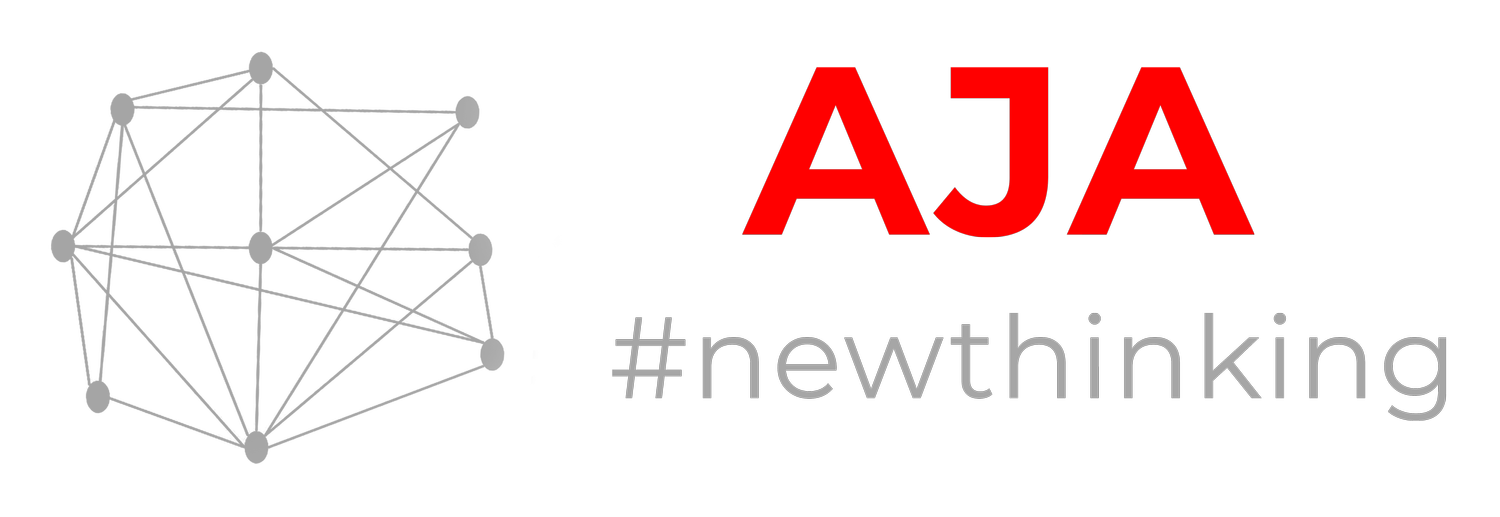
Blockchain in Auditing
Posted on 2020-12-25 20:50:44
Blockchain is an undeniably ingenious invention. It is a decentralized database (distributed ledger) that operates on a consensus basis. This blog dwells into the concept of blockchain from the perspective of auditing profession.
Performing confirmations of a company’s financial status would be less necessary if some or all the transactions that underlie that status are visible on blockchains. A blockchain solution, when combined with appropriate data analytics, could help with the transactional level assertions involved in an audit, and the auditor’s skills would be better spent considering higher-level questions. To become truly an integral part of the financial system, blockchain must be developed, standardised and optimised.
For example, auditing is not just checking the detail of whom a transaction was between and the monetary amount, but also how it is recorded and classified. If a transaction credits cash, is this outflow due to cost of sales or expenses, or is it paying a creditor, or creating an asset?
These judgemental elements often require context that is not available to the general public, but instead require knowledge of the business, and with blockchain in place, the auditor will have more time to focus on these questions.
What Opportunities does Blockchain bring to the Audit process?
The days of sample-based testing may be obsolete since the auditors will resort to blockchain to test the whole population, thus increase the level of assurance.
Companies facing a pending audit will not be able to reverse engineer documentation in bulk to satisfy compliance, as every action is time stamped and shared with all members of the blockchain, given that editing previous entries is not possible.
Simplify and enhance transparency in core business functions such as supply chain management, auditing, tax, compliance and back-office operations.
Help reduce fraud through enhanced identity management.
Rapidly increase the volume of automated transactions and hence drive cost efficiencies in the audit environment.
Why Blockchain Adoption has been slow by Auditors?
Blockchain is relatively new - The first implementation is less than a decade old, and most applications are not very mature. In contrast, the systems that management currently relies on have been tested for decades and have specific guidance and principles to allow IA teams to gain comfort with them.
Controls are different – Because the technology is new, it requires a new way of thinking about controls. Auditors might welcome the change, but it’s their job to ask the difficult questions: Who controls the blockchain? Who gets access? Where are the servers, and what physical and digital controls exist? Who monitors activity? This process is likely to take many years – it has already been ten years since bitcoin began operating and there is much work still to be done.
Technical expertise is rare - Few IT departments have relevant blockchain experience. In fact, in our 2017 Global Digital IQ Survey, some 86 percent of financial services executives said that their organizations haven’t yet developed necessary blockchain skills. And even fewer companies have IA teams with enough expertise to provide any sort of assurance around the technology and the associated work.
It got a rough start – Although the first prominent use of blockchain was Bitcoin, the two are not synonymous. To those who haven’t paid close attention, the whole topic may seem dicey, given some early issues with digital currency. This perception creates a bias against the technology.
Perquisites before implementing Blockchain:
Standards - Reporting, legal and financial accounting standards don’t talk about use of blockchain technology. But this would be a very key point during the audits. So, the respective bodies must work closely with the experts of blockchain to set standards and align them with the current needs.
System Security – Blockchain is a decentralized ledger managed by a network of users. Each user is identified by a unique digital signature and all transactions must be approved by a set of consensus rules before the block can be added to the chain; this is one reason why it is seen as so secure and reliable.
Audit Strategies - With new demands of assurance, blockchain could also change the nature of auditing, reducing the auditor’s role in checking and validating account transactions & instead move them further up the value chain. Auditors will therefore have to focus their attention on non-automated elements of the audit.
With all of that said, it should be no surprise to firms that your auditors should be involved from the start of any blockchain project. The auditing profession must embrace and “lean in” to the opportunities and challenges from wide-spread Blockchain adoption.
